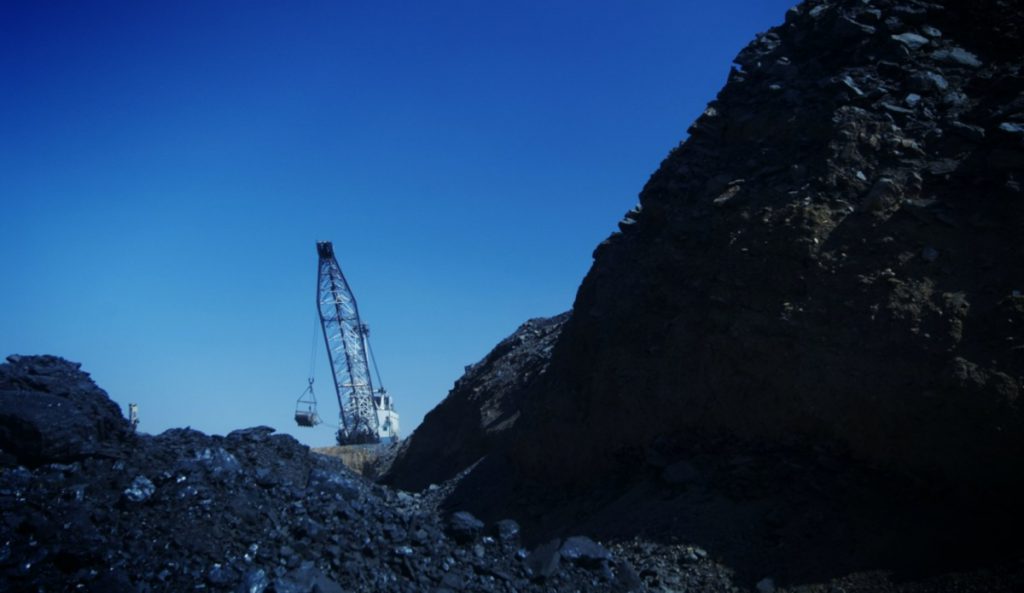
Norway’s $1 trillion wealth fund is excluding some of the world’s biggest commodities firms from its portfolio for their use and production of coal, including Glencore and Anglo American.
Underlining the growing role of climate considerations for long-term investors, the fund is also excluding German utility RWE, South African petrochemicals firm Sasol and Dutch company AGL Energy over their use of coal.
The fund held stocks worth $1.6 billion in such companies at the end of 2019, according to fund data
Norway’s parliament agreed in June 2019 to toughen existing limits on coal investments by the world’s largest wealth fund by excluding companies that mined more than 20 million tonnes of coal a year or generated more than 10 gigawatts of power from coal.
The fund held stocks worth $1.6 billion in such companies at the end of 2019, according to fund data. Wednesday’s announcement is the first to show the tougher rules being applied.
The fund, set up in 1996 to save Norway’s oil revenues for future generations, now holds about 1.5% of globally listed shares and its decisions are often followed by other investors. It sells holdings before announcing any exclusions to avoid excessive market moves.
The fund put another set of companies – BHP , Uniper, Enel and Vistra Energy – under observation for possible exclusion later if they did not address their use or production of coal.
The value of holdings in this group stood at $3.9 billion at the end of last year.
“This is good news that the biggest producers of coal in absolute terms are finally out of the fund,” Else Hendel, acting environmental policy leader at green group WWF Norway, told Reuters.
The fund, which operates under ethical guidelines set by parliament, also said it was excluding four Canadian oil companies for producing excessive greenhouse gas emissions, the first time it has used that reason to blacklist firms.
Canadian Natural Resources, Cenovus Energy , Suncor Energy and Imperial Oil were excluded for “acts or omissions that on an aggregate company level lead to unacceptable greenhouse gas emissions”, it said.
Excessive greenhouse gas emissions became a criterion for exclusion four years ago
The fund, which held stock worth $1.15 billion in these companies at the end of 2019, said the companies were excluded for their carbon dioxide emissions “from production of oil to oil sands”.
Canadian Prime Minister Justin Trudeau said, in response to the fund’s exclusion of the four, that many oil companies understood the investment climate was changing because of concerns about climate change.
Excessive greenhouse gas emissions became a criterion for exclusion four years ago. But the central bank, the fund’s ethics watchdog and the finance ministry took time to agree on what constituted an unacceptable amount of emissions.
Wednesday’s announcement opens the way for more companies to be excluded on those grounds.
The head of the fund’s ethics watchdog told Reuters in March that, once the first ones were published, others companies would follow. Concrete and steel firms have also been probed, he said, without naming them.
Responding to the announcement, Anglo American said: “We are working towards an exit from our remaining thermal coal operations in South Africa, ensuring that we do so responsibly.”
“We continue to examine suitable opportunities for our minority stake in Cerrejon,” it said, referring to a Colombian mining venture with BHP, Anglo American and Glencore.
Sasol said it was implementing an “emission-reduction framework underpinned by short and medium-term targets,” although it said coal would continue to play role in South Africa during a transition to lower-carbon energy sources.
Enel said it was developing its business in line with the Paris climate accords, which seek to limit the rise in global temperatures to 1.5 degrees Celsius and cut emissions to zero by 2050.
Uniper said it was in a dialogue with the fund about being under observation for possible exclusion.
“Uniper in its strategic new focus has presented a clear exit plan from coal and aims for climate-neutral power production in Europe by 2035,” said a company spokesman.
RWE said it had cut carbon dioxide emissions by 90 million tonnes since 2012 and committed itself to becoming climate neutral by 2040. It was investing around 5 billion euros in the expansion of renewables up to 2022.
“Instead of quantitative stock-taking, the speed with which a company changes should be considered in our view,” said the company spokesman. “Already today, we are among the globally leading companies for renewable energies.”
Glencore and BHP declined to comment.
AGL Energy and Vistra Energy were not immediately available to comment.
Canadian Natural Resources, Cenovus Energy, Suncor Energy and Imperial Oil did not respond to requests for comment after market hours.
(By Gwladys Fouche and Terje Solsvik; Editing by Jane Merriman, Pravin Char and David Evans)
Comments
hey
“The fund, which operates under ethical guidelines…..” Where did the money in the Norwegian fund come? Oil.